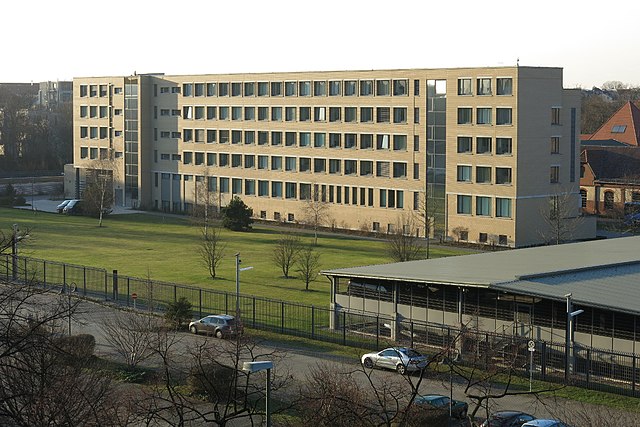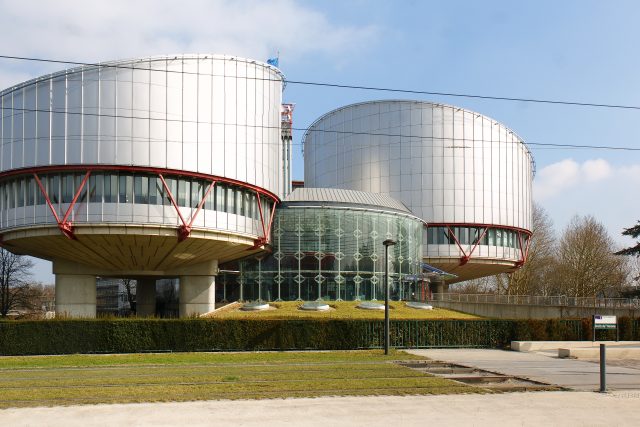Germany’s Federal Office for the Protection of the Constitution—or the Bundesamt für Verfassungsschutz (BfV)—warned Monday against rising levels of anti-government extremism in the midst of provocation from authoritarian states, such as Russia. The BfV claimed these states are seeking to generate societal division and to topple governments of other democratic nations.BvF President Thomas Haldenwang said, while “[authoritarian] regimes have always tried to topple liberal democracies… [what] is new is the ‘diffuse’ starting point.” Haldenwang noted that global power is becoming “multipolar,” pointing to the variety of global players—like Russia and China—that European democracies face. He stated that these players engage in influence, disinformation and cyberattacks to weaken the democracies they target.Haldenwang warned that hot-button issues, such as immigration and the war in Ukraine, are used by extremists to divide democracies targeted by authoritarian actors. In January, Reuters found that operatives within Germany spread pro-Kremlin messages. The report also found that at least 1.5 million users of the messaging app Telegram subscribe to 27 German language channels that re-share pro-Putin messages.Political parties within Germany, such as the far-right Alternative for Germany (AfD) party, have taken pro-Kremlin stances as well. In recent years, the AfD has criticized the German government’s immigration policies and spoken out against providing aid to Ukraine. The BfV has taken note of this and, in April, labeled the party as “extremist.” Haldenwang previously described the party as being hostile to democracy.Germany has also faced threats from terrorist organizations within the country. In December 2022, German authorities arrested 25 suspected members and supporters of an unnamed terrorist organization for an attempted coup against the German government. It was later found that the organization had begun formulating a military transitional government with the help of representatives from Russia.As Russia’s war in Ukraine wages on, Russia has also begun destabilization efforts in other neighboring European countries—echoing the concerns raised by the BfV on Monday. On March 12, Moldovan police arrested 54 people during anti-government protests and an additional seven for their participation in a Russian-backed plot to destabilize Moldova. This past Sunday, people gathered in Moldova to protest Russian interference and to support the country’s move towards EU membership.



The Most Read
Сryptocurrencies
Bitcoin and Altcoins Trading Near Make-or-Break Levels
Financial crimes
Thieves targeted crypto execs and threatened their families in wide-ranging scheme
Financial crimes
Visa Warning: Hackers Ramp Up Card Stealing Attacks At Gas Stations
News
Capitalism is having an identity crisis – but it is still the best system
Uncategorized
The 73-year-old Vietnamese refugee is responsible for bringing Sriracha to American consumers
Uncategorized
Electric Truckmaker Rivian, Backed By Amazon, Ford, Raises Whopping $1.3 Billion